Are you looking to enhance your healthcare team's collaboration for better patient outcomes? The collaborative care approach fosters open communication and teamwork among various healthcare providers, ensuring that every aspect of patient care is addressed. By breaking down silos and integrating various specialties, we can create a more holistic and efficient healthcare experience. Join us as we explore the principles and benefits of this innovative approach to patient care in detail!
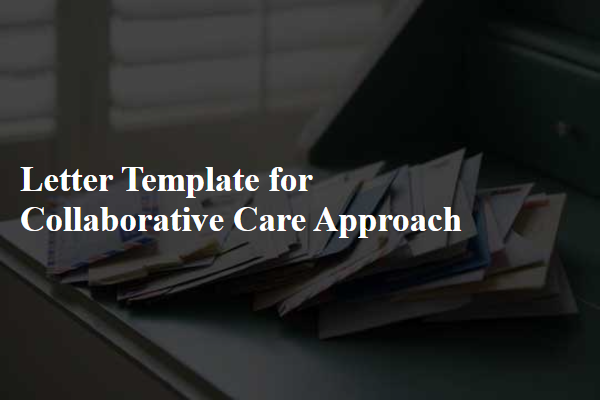
Patient-Centered Language
A patient-centered collaborative care approach focuses on the individual needs and preferences of patients while promoting teamwork among healthcare providers. This method emphasizes empathetic communication, where healthcare teams actively listen to patients, ensuring their concerns and goals are prioritized in treatment plans. Utilizing evidence-based practices, such as shared decision-making, healthcare professionals create personalized care strategies that align with the patient's values and lifestyle. Regular team meetings, including diverse specialists from primary care, mental health, and social services, facilitate a holistic view of the patient's well-being, leading to improved health outcomes. Documentation reflecting patient perspectives and experiences fosters a culture of respect and enhances the care experience. Overall, this approach nurtures a strong partnership between patients and providers, supporting a responsive and inclusive healthcare environment.
Clear Communication Channels
Effective communication channels are vital for implementing a collaborative care approach in healthcare settings, such as hospitals and clinics. Establishing these channels ensures that all team members, including primary care physicians, nurses, and mental health professionals, share patient information promptly and accurately. Utilization of secure messaging platforms, such as HIPAA-compliant tools, facilitates real-time discussions about patient treatment plans. Regular interdisciplinary meetings can foster a cohesive environment for exchanging ideas and strategies, enhancing patient outcomes. Moreover, integrating electronic health records (EHR) enables seamless access to patient history, medications, and treatment protocols, promoting coordinated efforts for comprehensive care. These practices emphasize the importance of clarity in communication, ultimately leading to improved patient satisfaction and safety across diverse healthcare teams.
Defined Roles and Responsibilities
The collaborative care approach emphasizes clear communication and defined roles among healthcare professionals, such as physicians, nurses, psychologists, and social workers, to enhance patient outcomes. Each member's responsibilities are outlined to ensure efficient teamwork; for instance, primary care physicians (like Family Medicine specialists) manage overall patient health, while psychiatric clinicians (for example, licensed clinical psychologists) address mental health issues. Care coordinators, often Registered Nurses, facilitate referrals and follow-ups, ensuring primary and specialty care communication remains seamless. Additionally, responsibilities of allied health professionals, like dietitians and physical therapists, focus on specific patient needs, addressing both physical and emotional health aspects within a patient-centered framework. Regular interdisciplinary meetings in healthcare settings, such as community health centers or hospitals, help maintain alignment on patient care plans and promote proactive engagement in treatment strategies.
Shared Goals and Objectives
The collaborative care approach emphasizes shared goals and objectives among healthcare professionals, patients, and their families. Effective communication is essential for establishing these goals, especially in multidisciplinary teams that include physicians, mental health professionals, social workers, and nursing staff. For example, in managing chronic illnesses like diabetes, a shared objective may involve achieving specific blood glucose levels (e.g., maintaining HbA1c below 7%). Additionally, regular meetings in designated care settings, such as primary care clinics or telehealth platforms, can facilitate ongoing discussions about treatment plans and adjust them as necessary. Cooperative strategies may also include creating personalized care plans that reflect the patient's preferences, enhancing adherence to prescribed interventions, and fostering a supportive environment. Collectively monitoring progress through scheduled follow-ups ensures alignment with both short-term and long-term health outcomes, enriching the overall patient experience.
Confidentiality and Privacy Compliance
Collaborative care approaches emphasize the importance of maintaining confidentiality and privacy compliance within healthcare settings. Adherence to regulations such as the Health Insurance Portability and Accountability Act (HIPAA) is essential for safeguarding patient information. Healthcare professionals must ensure that all patient records, including electronic health records (EHR), are securely stored and accessible only to authorized personnel. Regular training on privacy policies for staff members fosters an environment of trust. Clear communication about the sharing of patient information among interdisciplinary teams, including doctors, nurses, and mental health professionals, enhances care coordination while upholding the patient's right to privacy. Establishing a comprehensive consent process empowers patients and informs them about the use of their medical data, ensuring compliance with all regulatory frameworks.

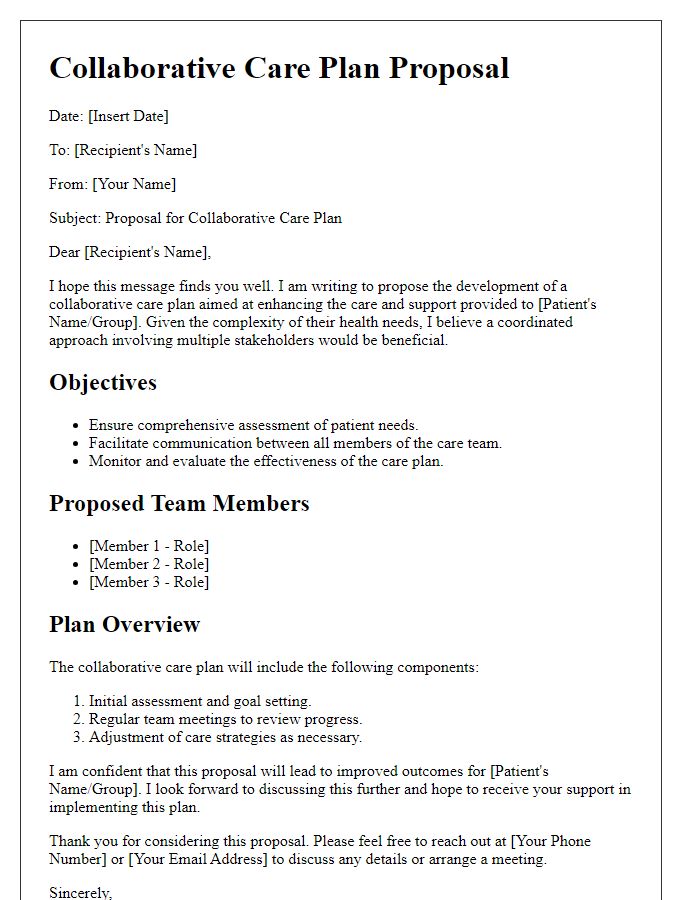
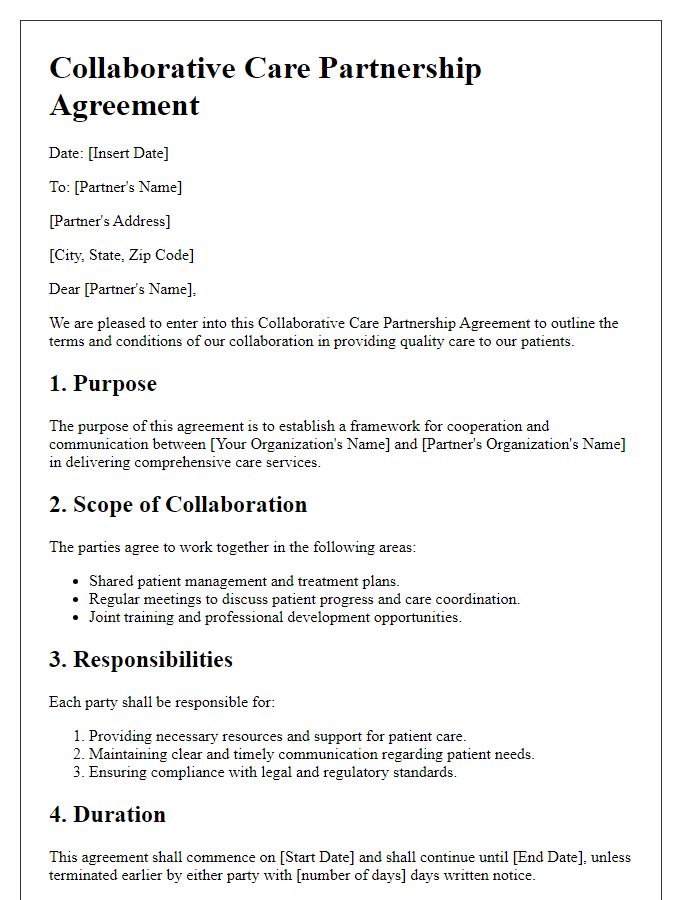
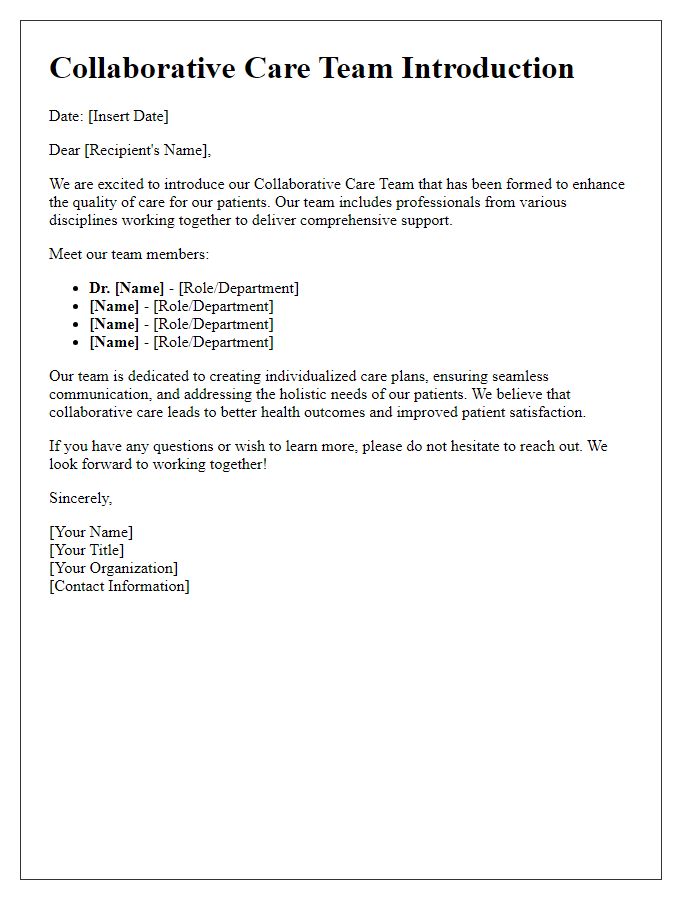
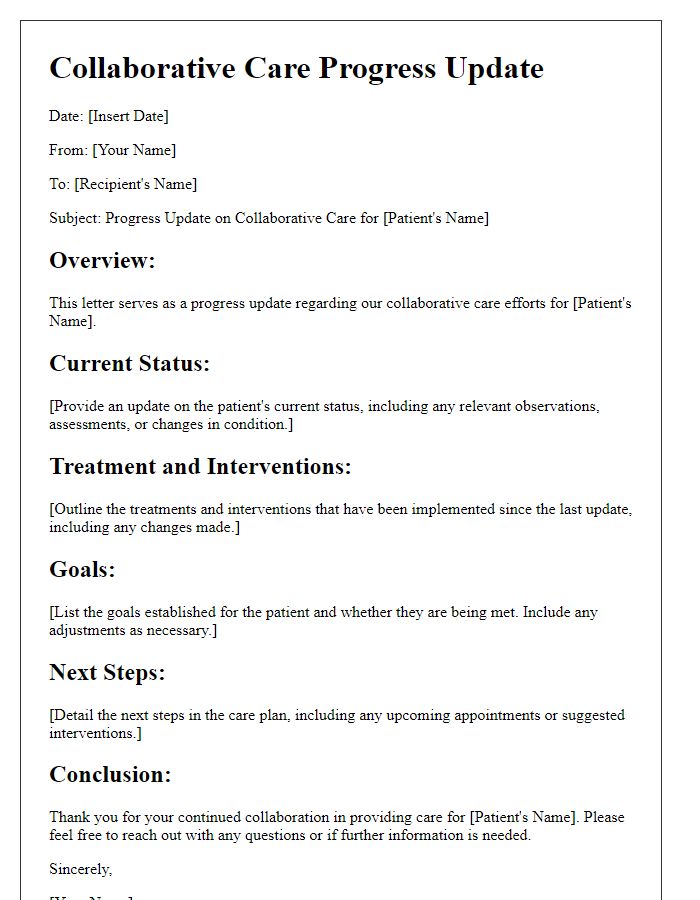
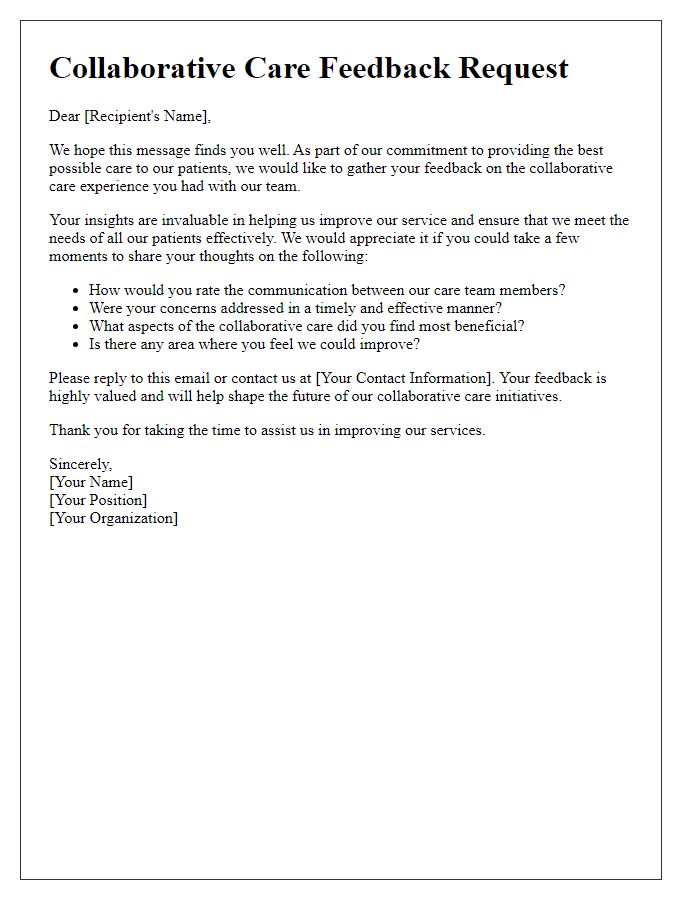
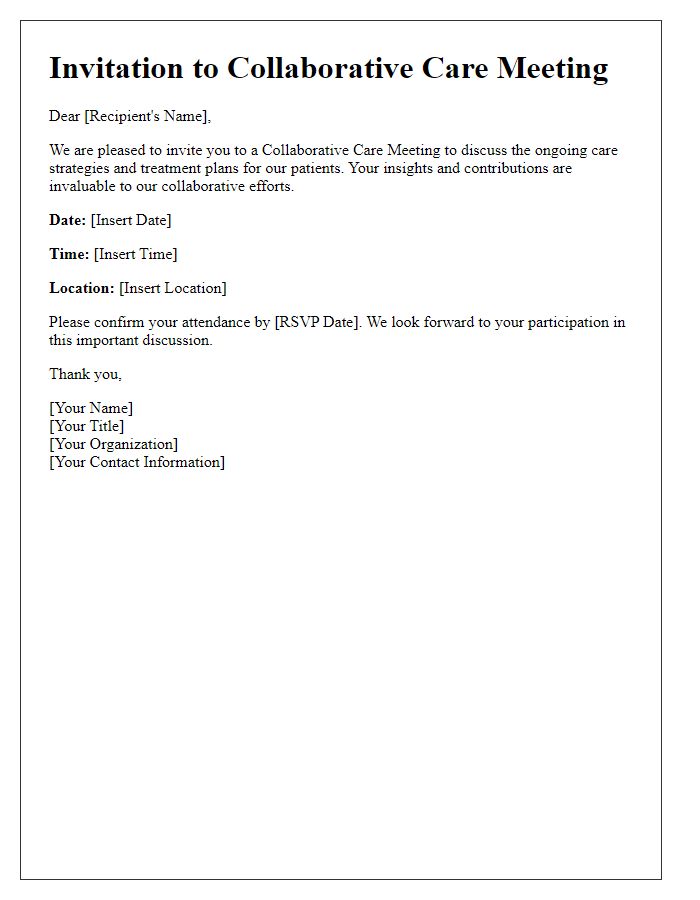
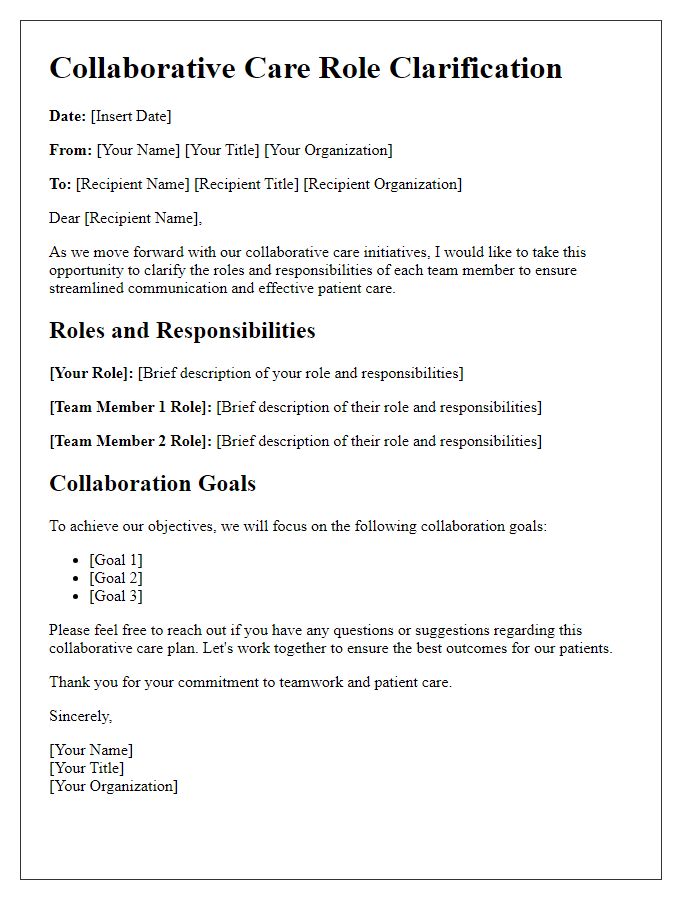
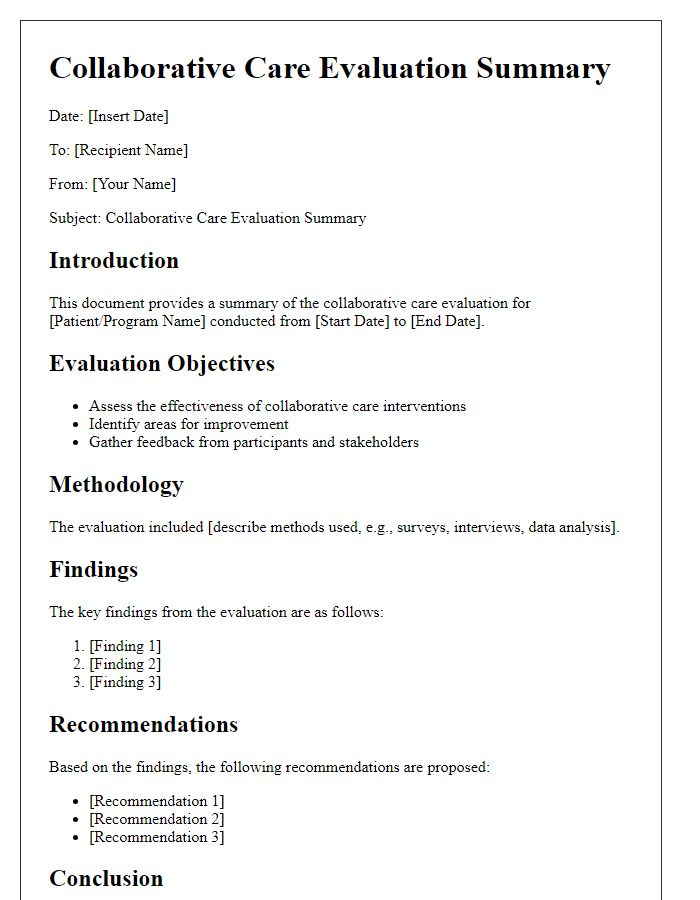
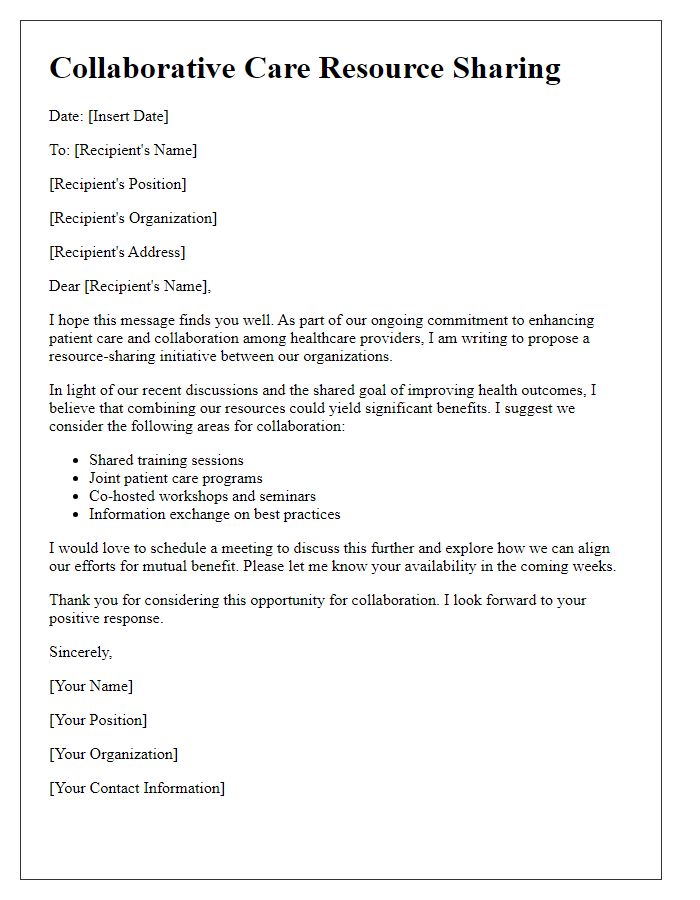
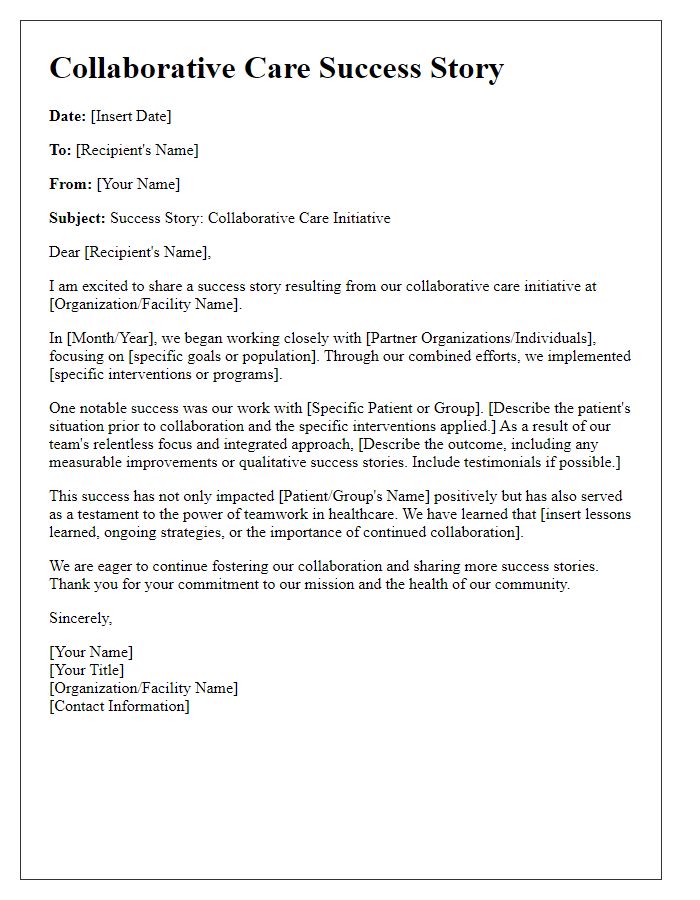


Comments